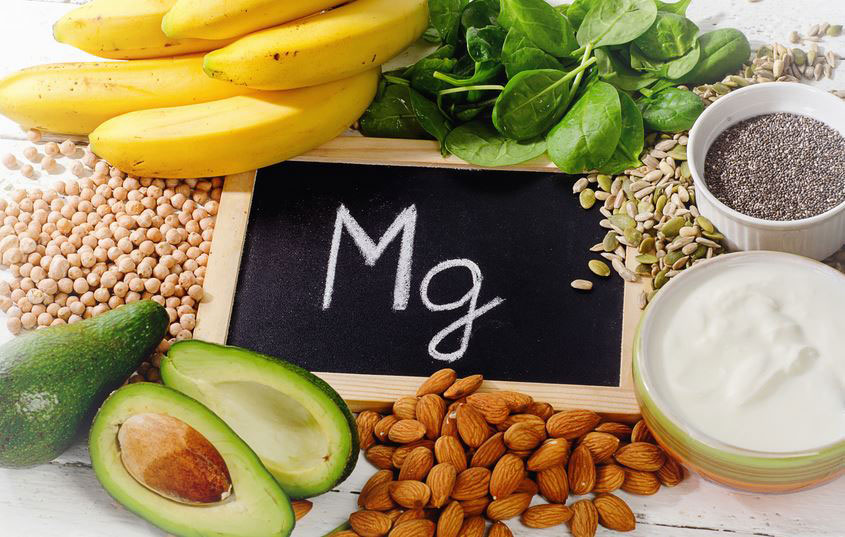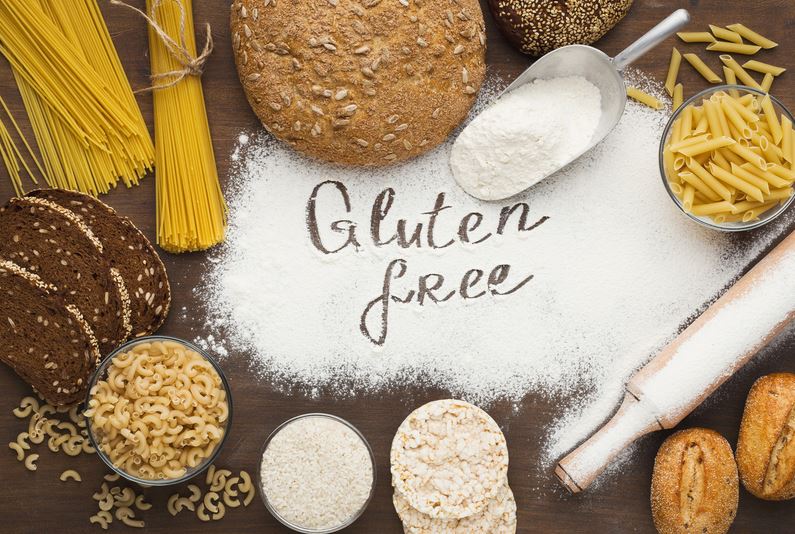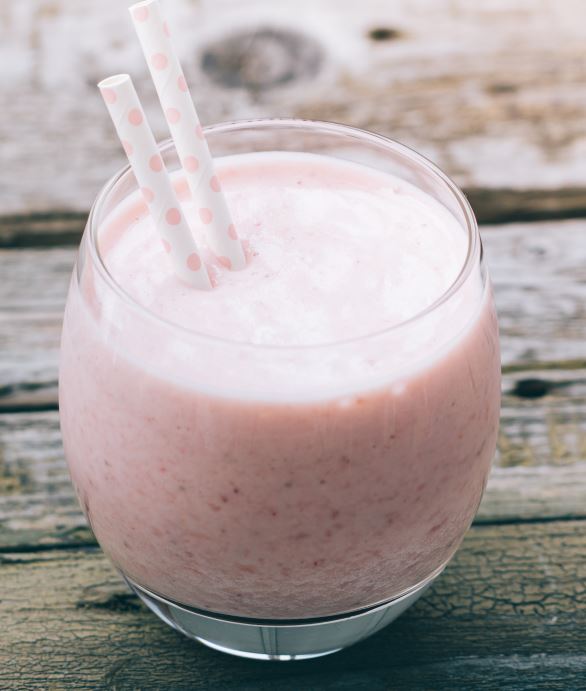Do I Need a Magnesium Supplement?
There are many magnesium supplements on the market – Magnesium citrate / Magnesium orotate / Magnesium chloride / Magnesium malate / Magnesium sulphate / Magnesium glycinate / Magnesium amino acid chelate. Some magnesium forms break up (dissociate) to release free magnesium that attracts water in the digestive system. This can cause digestive discomfort, like diarrhoea, which reduces the absorption of magnesium – meaningless product benefits. Some forms are better suited to different conditions, which can be reviewed in a consultation.
By replenishing your magnesium status, you can help support your muscle tension, fatigue, cardiometabolic issues, poor sleep and stress (and more). So much support from one single nutrient! It is truly an all-purpose mineral. Magnesium plays a vital role in our health so make sure you are getting your daily supply!
Menopause and Magnesium – made for each other!
Magnesium is a powerhouse mineral, that is involved in more than 300 enzymatic reactions in our body, playing a vital role in many aspects of health throughout all our life stages, but it is a standout in perimenopause and menopause! Magnesium deficiency is widespread globally, with the CSIRO finding that 50% of men and 39% of females have a magnesium deficiency.
What Conditions can Magnesium Help?
Sixty percent of our magnesium is found in our bones, so it is no surprise it plays an important role in our bone’s health. Calcium is not the only mineral we need to consider in osteopenia and osteoporosis. Magnesium supports the development of cartilage and the bone matrix, which increases bone strength. As bone density declines slowly over many years, adequate magnesium intake is important long-term.
Magnesium and stress are intimately linked, with both stress and low magnesium status potentiating each other’s negative effects. Magnesium is considered a ‘calming’ mineral, so it can support those who experience stressful days and have difficulty sleeping. Transitioning into menopause can often result in sleep onset and sleep maintenance problems. So, adequate magnesium encourages muscle relaxation aiding sleep. Magnesium also supports our circadian rhythm (our body’s natural internal clock) thereby regulating our sleep/wake cycle.
Magnesium plays important an role in the functioning of the brain and the regulation of our moods. As mood fluctuations, anxiety and depression can more commonly occur in perimenopause and menopause, sources of magnesium can be important to include each day.
It is a mineral required by the muscles, so if you have any muscle twitches or cramps, then you are likely to be deficient in magnesium. Magnesium helps muscle contractions and nerve impulses, which is why it supports healthy heart health. Magnesium may be indicated in high blood pressure and high cholesterol.
What Foods Contain Magnesium?
Magnesium is found in many foods, such as dark chocolate (this does mean you can eat a block a day!), beans (kidney, black, edamame), lentils, nuts (almonds, Brazil nuts and cashews), seeds (pumpkin, sesame and flaxseeds), fish (salmon and mackerel), leafy greens, avocado and whole grains.
In a 100-gram serving of –
- Dark chocolate 70% cocoa = 120mg of Magnesium (Mg)
- Kidney beans = 35mg of Mg, Black beans = 60mg of Mg,
- Edamame = 50mg of Mg,
- Lentils = 36mg of Mg /
- Almonds = 260mg of Mg,
- Brazil nuts = 350mg of Mg
- Cashews = 250mg of Mg
- Pumpkin seeds = 262mg of Mg,
- Sesame = 340mg of Mg,
- Flaxseeds = 392mg of Mg
- Salmon = 27mg of Mg
- Mackerel = 60mg of Mg
- ½ cup Spinach (cooked) = 78mg of Mg
- 1 cup Avocado = 44mg of Mg
- Oats = 26mg of Mg,
- Whole wheat bread = 82mg of Mg,
- Cooked brown rice = 44mg of Mg.
The RDI (Recommended Daily Intake) of magnesium each day is around 320mg daily for women (around 420mg for men) making it a vitally important contributor to our overall health and may reduce many of the unwanted symptoms of menopause.
How Do I Know if I Have Magnesium Deficiency?
Many conditions can benefit from magnesium from foods or supplementation, these include:
- Tiredness & fatigue – not having enough energy to get through the day
- If you ever notice muscle cramping and spasms
- If you experience any tension headaches and migraine
- Anyone under stress & those who may experience anxiety, panic disorders, and/or insomnia
- Magnesium can be supportive in premenstrual syndrome (PMS)
- Those who have a diagnosis of osteopenia or osteoporosis
- Those with High blood pressure or heart palpitations
- Conditions such as fibromyalgia or chronic fatigue syndrome









0 Comments